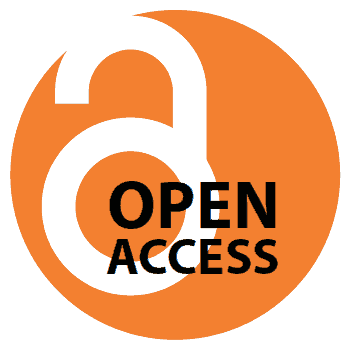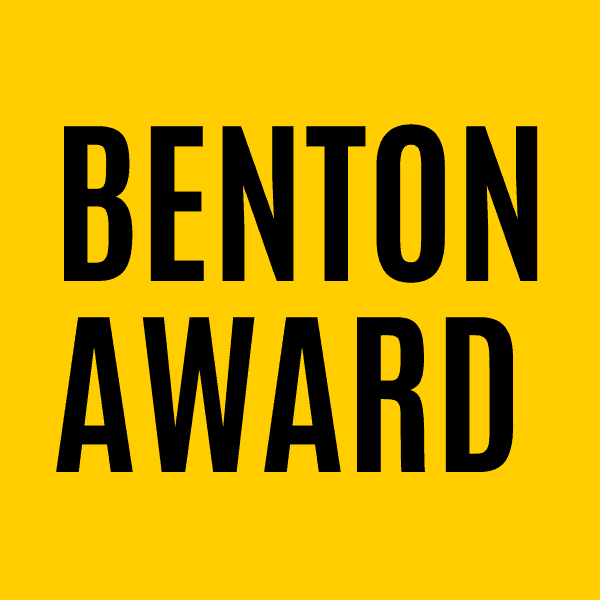Have you heard the news? Iowa Research Online (IRO) is new and improved! Staff at the University of Iowa Libraries have been hard at work on a new interface that goes way beyond the traditional institutional repository. We’re the first institution in the world to go live with Esploro from Ex Libris, a research informationContinue reading “Check out the new Iowa Research Online”
Category Archives: Faculty News
UI Libraries inks new Cold Spring Harbor open access agreement
The University of Iowa Libraries are pleased to announce a new transformative agreement with Cold Spring Harbor Laboratory Press (CSHLP), an internationally renowned publisher of books, journals, and electronic media in genetics and molecular biology. The agreement includes: To publish open access in CSHLP journals without paying open access fees or APCs, corresponding authors simplyContinue reading “UI Libraries inks new Cold Spring Harbor open access agreement”
Announcing new John Benjamins open access agreement
The University of Iowa Libraries is pleased to announce a new read and publish agreement with John Benjamins Publishing Company, an independent academic publisher of books, journals and online resources in linguistics and the language sciences. The agreement includes: To publish open access in John Benjamins journals without paying APCs, corresponding authors simply submit theirContinue reading “Announcing new John Benjamins open access agreement”
Announcing new Geological Society of London open access agreement
The University of Iowa Libraries are pleased to announce a new read and publish agreement with the Geological Society of London (GSL), effective through Dec. 31, 2025. The agreement grants: All actively published GSL hybrid journals and book series are eligible, including: To confirm eligibility, corresponding authors simply submit their manuscript using their UI affiliationContinue reading “Announcing new Geological Society of London open access agreement”
The UI Libraries announce Biochemical Society open access agreement
The University of Iowa Libraries are pleased to announce a new open access agreement with the Biochemical Society, effective through Dec. 31, 2026. The agreement, negotiated through the Big Ten Academic Alliance (BTAA), guarantees full read access to all Biochemical Society journals (published by the Society’s publishing arm, Portland Press) and unlimited, fee-free open accessContinue reading “The UI Libraries announce Biochemical Society open access agreement”
Royal Society of Chemistry Open Access Agreement
The University of Iowa Libraries are pleased to announce an expanded open access agreement with the Royal Society of Chemistry (RSC), effective Jan. 1, 2024, through Dec. 31, 2026. The agreement expands our limited 2023 agreement, providing: All RSC journals are eligible, including RSC Advances, Gold OA journals, and hybrid journals. To confirm eligibility, correspondingContinue reading “Royal Society of Chemistry Open Access Agreement”
Royal Society of Chemistry: Free open access publishing for UI authors
The University of Iowa Libraries are pleased to announce a Read & Publish agreement with the Royal Society of Chemistry (RSC) for 2023 that provides continued access to all RSC journal content and supports open access publishing in RSC journals. The new agreement allows corresponding authors from the University of Iowa to publish a limitedContinue reading “Royal Society of Chemistry: Free open access publishing for UI authors”
Celebrating Open Access Week and a new resource for UI scholars
Happy Open Access Week! We’re celebrating this year’s theme “Open for Climate Justice” with an Iowa Research Online featured collection of recent University of Iowa scholar-authored open access journal articles related to climate change. We’re also officially launching our Open Scholarship Toolkit, which is a resource for UI scholars in every discipline to share the results ofContinue reading “Celebrating Open Access Week and a new resource for UI scholars”
2023 OpenHawks grants to help students save on textbooks
University Libraries is pleased to announce another 12 OpenHawks grants for the development of open educational resources (OER). OpenHawks is a campus-wide grant program that funds faculty efforts to replace or avoid high-cost textbooks with OERs for enhanced student success. The cohort of projects, which are slated to be completed in 2023, will save UIContinue reading “2023 OpenHawks grants to help students save on textbooks”
Seeking nominations for the Benton Award
The University Libraries is seeking nominations for the Arthur Benton University Librarian’s Award for Excellence. Funded by a generous endowment, this prestigious award acknowledges a library staff member’s professional contributions in the practice of librarianship, service to the profession, scholarship, or leadership which has had a significant impact or innovation to the operations of theContinue reading “Seeking nominations for the Benton Award”

